|
Here we are for the next installment of my favorite 25 games of all time. Not much to add here other than you should check out the previous posts in the series, including my honorable mentions and numbers 25-21. 20. Imperial Settlers: Empires of the North BGG Rank: 390 Designed by: Joanna Kijanka and Ignacy Trzewiczek Released: 2019 from Portal Games I'll preface this by saying that I rank this game so highly because the solo mode is really fun; my partner didn't really care for this game much, but I absolutely adore the card play. Each turn is incredibly satisfying as you build your tableau and manage resources to generate the best point-producing engine possible. It's always a race to a particular point threshold, and I can't say enough good things about this game. Each of the six factions in the base box offers serious asymmetrical gameplay, which offers a ton of replay value, even if you're just playing this against the solo scenario book. 19. Gloomhaven: Jaws of the Lion BGG Rank: 5 Designed by: Isaac Childress Released: 2020 from Cephalofair Games The little brother of the monster hit and current BGG Number 1, Gloomhaven, Jaws of the Lion is a much more palatable introduction to the world of Gloomhaven. First, it's way more affordable and can be found at Target, and second, the rules are taught through a series of introductory scenarios, making the barrier to entry significantly lower than its big box predecessor. In this fully cooperative game, you are mercenaries slashing your way through various dungeon scenarios on the hunt for answers to the mysteries the campaign sets out for you from the very beginning, and it's superb. Because you're mercenaries, the game only allows for imperfect communication and introduces secret goals as you progress through each mission. The card play is just phenomenal and puzzle-y enough for me to really enjoy this game that I otherwise wouldn't ever bother picking up. I'm not a fan of tactical skirmish games or dungeon crawlers normally, but the constant choices this game offers makes this one stand out to me. I highly recommend picking this one up for a consistent gaming group. 18. Lorenzo il Magnifico BGG Rank: 96 Designed by: Flaminia Brasini, Virginio Gigli, and Simone Luciani Released: 2016 from Cranio Creations You'll notice a bit of a theme, here in that I love dry euro games that are all about action efficiency and resource management or conversion. I'm not a theme-first player; I'm all about the game mechanisms. In Lorenzo il Magnifico, you are members of the Italian nobility during the Renaissance vying for the most influence and prestige (victory points) while trying to avoid being excommunicated from the church. It's a worker-placement game that is driven by dice values, which is a great twist and offers unique decision points as you acquire different types of cards to build up a production engine or influence major players throughout the nation to earn points. The game ends after six rounds and 24 total actions, so every single action must be calculated as efficiently as possible. I simply love this game. 17. Spirit Island BGG Rank: 12 Designed by: R. Eric Reuss Released: 2017 from Greater Than Games Spirit Island is the pinnacle of cooperative games in my opinion, and I've already written about it a bit here, so I won't go into too much more detail. The theme here is really what grabbed me -- turning the colonial narrative on its head and acting as the indigenous populations and the native spirits of the island to drive out the invading forces. I gotta admit, though, this is a heavy game and not a great introductory experience to solo gaming or cooperative gaming; it's definitely for more advanced players. But, once you grok the rules, it's an absolute blast, even though it's challenging every game, even without increasing the difficulty with scenarios. There are a couple expansions for this out, now, but I find the base game to be nearly infinitely replayable. 16. Agricola (Revised Edition)
BGG Rank: 77 Designed by: Uwe Rosenberg Released: 2016 from Lookout Games Agricola used to be in my top five games of all time, and my partner and I adore this game. It's fallen a bit in my rankings, probably due to being preoccupied by newer games in my collection, but it's still a phenomenal worker-placement game that is really a grind to get through in the best way. The Revised Edition that I own reimplements the original 2007 release in terms of mechanisms while upgrading the components and streamlining some of the card play, but it keeps the spirit of the original release in that you are struggling from the very beginning to build a food-generating engine -- by planting crops and animal husbandry -- to feed your family over the course of the game. The production in this one is amazing. If you're looking for a tight, tight experience where resources are hard to come by, this game is for you as well. That's it for 20-16. Credit: All images come from Boardgamegeek
1 Comment
Alright, let's get it kicked off with numbers 25-21. Not much to preamble, here, as I sorta did it in my last post. But just to be clear, I'll be writing in a bit more depth about these games than I usually do, as they're my current favorites (as of August 2021) of ALL TIME! I'll be comparing them to other rankings according to Boardgamegeek and generally gushing about how much I love these games. 25. Concordia BGG Rank: 18 Designed by: Mac Gerdts Released: 2013 from Rio Grande Games Concordia might be the most elegant game I own. It's admittedly a bit of a dry theme -- trading on the Mediterranean at the height of the Roman Empire -- but mechanically, this game sings. Each turn, you play exactly one card, execute its action, and that's it. The trick is buying new cards to upgrade your hand and to anticipate when your opponent might play a card you have already played or might want to play in the near future, as some cards allow you to copy the top card in your opponent's discard pile. The game has an exquisite escalation as you manage resources and put more colonists and boats out on the board. There's also a really deft set-collection element to the cards you're buying for end-game scoring, so you have to bear that in mind while buying the card for its in-game ability. Simply brilliant. I'm honestly surprised that it's this low, but that's just how rankings work at the end of the day. 24. Res Arcana BGG Rank: 121 Designed by: Tom Lehmann Released: 2019 from Sand Castle Games Res Arcana is a stripped-down design in a good way. You get a "deck" of eight cards, and you have to figure out how to chain those cards together to build the most efficient resource-generating engine out of them, all while trying to avoid being attacked by your opponents. It's really, really solid. I personally love it because, even though the central tableau of artifacts and monuments will be similar from game to game, your starting deck will always be different, and the design is so sharp that, despite the mages having variable powers to begin with, any set of eight cards has a path to victory in them. I've yet to see a game where the variance just led to anti-synergy, and that's truly remarkable. Small footprint, deep gameplay, fast playing. Res Arcana is great. 23. Targi BGG Rank: 126 Designed by: Andreas Steiger Released: 2012 from KOSMOS Targi is a two-player-only game set in the Sahara along desert trade routes. It's a worker-placement game with a twist -- you place three workers along the outer rim of the grid and then triangulate their intersections, thereby taking five actions per round as opposed to just three. You must gather both resources and victory points to purchase end-game scoring cards while also being prepared for the inevitable raids by robbers out on the sand dunes. Luckily, the robber is predictable, as are the raids, so it takes some planning. Can't say enough good things about Targi. A smart, tight design. 22. Architects of the West Kingdom BGG Rank: 80 Designed by: Shem Phillips, S J Macdonald Released: 2018 from Garphill Games and Renegade Studios Architects is a pretty straightforward worker-placement game with a significant twist: you can capture each other's workers and turn them in for resources. It also has a really fresh mechanism of managing virtue, which allows you to pursue pious and nefarious paths to victory by building the most buildings or rushing to help build the cathedral at the center of the city, or a little bit of both. While it's a recipe fulfillment game at its heart -- gather resources, spend them for points on cards -- this game seems to play out differently every time. The production of this game is also gorgeous with captivating art from Mihajlo Dimitrievski, AKA The Mico. 21. The Taverns of Tiefenthal
BGG Rank: 237 Designed by: Wolfgang Warsch Released: 2019 by North Star Games This is one of my partner's Top 10 games of all time. It combines light deck-building with dice drafting and dice activation. Basically, you're the proprietor of a tavern and are trying to usher in the "best" customers (who give you the most bonuses when you roll the right result to activate them), hire the right staff, and upgrade your amenities to have the best establishment in town that will ultimately attract the nobility to score you mega points. The game is also taught with a modular rule set that slowly eases you into the full game, which is an amazing touch for all types of gamers. We've played this dozens of times, and it never gets old. There you have it folks, 25-21. Credit: All images come from Boardgamegeek In this next series of posts, as the title surely indicates, I'll be ranking my favorite 25 games, and the ranking criteria include: how many times I've played a game, how much my partner may or may not care for it, how often I would like to get it to the table, and my overall feelings on it. This first post is really just a list of games that I adore but didn't quite make the cut for the Top 25. Viticulture: Essential Edition is an excellent worker-placement, engine-building game about the art and industry of winemaking. You have to manage your grapes, your cellars, your actual farm, and please certain visitors who come to tour your facilities in a race to 20 points. Each round moves through all four seasons of a year, and it's really just a smooth game start to finish with a great sense of escalation surrounding a unique theme. The reason it didn't make my Top 25 is that my partner really doesn't care for it. Luckily, the solo mode is awesome, so it still hits the table on occasion for me and me alone. La Granja is about as dry as it gets when it comes to theme, to be completely honest. But the multi-use cards and resource management combined with dice drafting make this game a hit for me. The solo mode is pretty fun, too, so it stays hovering around the Top 25, but it just wasn't enough to push it into the list. Altiplano is the spiritual successor to a much beloved game, Orleans, and while the latter gets all the accolades, I prefer Altiplano for the theme, the art, and the overall gameplay. This is a bag-builder, where you're constantly adding little circular chits to your bag and drawing them out at random and trying to decide how to most efficiently place them on your player board to trigger abilities while moving to different locations around the high plains of Peru. It's a fascinating game that has a great fan-made solo mode, but it stays off my list because it can run just a tad bit long for what the game actually promises you. Roll for the Galaxy is a bit of a shocker in that it didn't actually land in my Top 25. I've played the crap out of this game on the table and in the app (which is an AMAZING implementation), but there are two chief reasons it doesn't crack the Top 25: 1) My partner is just meh on it, despite liking most dice games; and 2) It's a BEAR to teach because there are so many icons and symbols to decipher on the first go-round. The third reason, if I'm being honest, is the existence of the app...it's just so easy to pull up my phone and play it, rather than put it on the table for a game using an unofficial, fan-made solo mode. Still one of my favorite games, and it just happens to miss the cut. I've written about That's Pretty Clever! before on the site, and I'm a little surprised it didn't make the Top 25 considering how often we end up playing this game. I think the reason it gets left off, if I'm being honest with myself, is that my tastes have gravitated toward heavier, meatier games with complex rule sets in the last year or so, making a lightweight (but still super fun!) game like this fall down the rankings a bit. Nevertheless, I think it sits just outside that Top 25.
Credit: All images come from Boardgamegeek. So, you might own Catan, Splendor, and some other games but want something a bit more substantial you can sink your teeth into but nothing too complex that'll just bamboozle you when you open the rulebook. I got you covered, friends. Here are a few games that'll satisfy that need just fine. I know, Slate just did an article on it, but I also gotta say that Wingspan is perfect for jumping up a bit in complexity but not too much. It's one of our favorite games, and we've played it dozens of times. The theme is great, the presentation is phenomenal (typical of a Stonemaier Games product), and the gameplay is imminently satisfying as you fill up your bird habitats. While some board game enthusiasts have tried to decry this game's success, I personally feel like the success is well deserved, and it's worth every penny. Everdell is a brilliant worker-placement, tableau-building game that scales well for all player counts, including a really streamlined solo mode. The art and components of this game are absolutely adorable, and it's also one of our most beloved games. This game hits the table A LOT, even without buying any expansions or anything. It's a great way to introduce the concepts of worker placement, resource management, and chaining card effects. Highly recommend this one, as it will comfortably sit in my top 10 for a long time to come. Do you enjoy amazing production quality? Cute themes? Tetris-style tile placement? Cards with hidden and public scoring goals? Endless fun? Well, The Isle of Cats is for you. It comes with two modes of play -- standard and family (along with a great solo variant) -- that will accommodate all types of gamers. It's probably my favorite pure tile-laying game on the market and will blow your mind the first time you sit down to play it. Also, who doesn't want to just put a bunch of cats on their personal boat? 7 Wonders is a modern classic that really popularized the mechanism of card drafting (taking one card from a selection of cards and then passing the remainder to an opponent for them to select a card until all cards have been selected). This is a great introduction to drafting and civilization building, all within a gorgeous production that takes about 30-45 minutes. There's also plenty of interaction, as you are constantly trading resources with your neighbors to your left and right, so fair warning that this game is best at 3+ players. Fresco is brilliant. My mom loves this game. Everyone I've taught it to loves this game. You're competing to be the best painter to paint as many sections of a fresco on the ceiling in a basilica. The paint cubes are so satisfying to hold and mix and spend, and deciding which time to wake up in the morning is always a fun decision. I can't say too many good things about Fresco. Wow. Five Tribes is a thinker, my friends. But really satisfying to play. Each turn is comprised of moving meeples around a board mancala-style and triggering abilities when they land. It's also a game that introduces the concept of currency as victory points and bidding for turn order. I HIGHLY recommend Five Tribes, as the table presence is undeniable. Tiny Towns is elegance in a box. It's a bingo-style game in which each player, on their turn, will call out a particular building resource. Then, each player will have to place that named resource on their board to maximize their ability to construct one of several building types and score points based on their location in their grid. It's simple but deep. I think this one will be a hit for a lot of folks. It has an engaging solo mode and supports up to six players with the base box alone.
Credit: All images come from Boardgamegeek. For many readers, this term may sound a bit foreign...Cooperative? Board games? Huh? Well, I'm here to tell yall that co-op board games are a huge part of the hobby gaming scene and continue to rise in popularity. I'm going to share a few games on this list that range from the light and breezy to the crunchiest out there. The entire Forbidden series is great, but I've picked Forbidden Desert, as I like the goal/theme the best. This is a lighter co-op that takes players through sandstorms and other hazards to find scattered parts of an airship, which is their only means of escape. Each player has a unique role and ability, and the game doesn't usually last more than 45 minutes or so. It's a great introduction into the genre. I have two co-op trick-taking games here because they're similar in complexity but offer unique experiences in small packages that don't take long to set up and play. Fox and the Forest Duet and The Crew: The Quest for Planet Nine are must-haves for lovers of Euchre, Pinochle, Spades, Hearts, Pitch, etc. If you're not familiar with trick-taking, I might steer clear of these, though. I'd be shocked if you haven't encountered Pandemic before, as it's readily available in a lot of non-hobby-stores like Target. This is the game that really popularized the genre of co-op games, and it's a great system that many other games have tried to implement, to varying degrees of success. I'd say this is a bit of a jump in complexity from the previous games mentioned, but it's absolutely a great next step and a fun experience with a lot of replay value. If you really love Pandemic already, you MUST try Pandemic Legacy: Season 1. All of Fantasy Flight's cooperative Living Card Games -- Arkham Horror LCG, Marvel Champions, and Lord of the Rings LCG -- are fantastic for their own reasons. While related mechanically, each does offer unique game play. If you want a bit of meat on the bone, I'd suggest trying out a core set of one of these and seeing if you're willing to jump in according to which theme/IP you like the most. Warning: It's a huge commitment monetarily to keep customizing your collection, but it's an experience I've loved with Lord of the Rings. These are also a significant step up in complexity from Pandemic. One rare difference here is that these games can also be played solo! No list of cooperative games would be complete without some sort of dungeon crawler where you take on the roles of heroes battling monsters. Gloomhaven is currently the number 1 ranked game of all time according to Boardgamegeek and it sorta broke Kickstarter. It's a massive game with a complex rule set and a sprawling campaign with cardboard bits galore. The designer did, however, release a sort of sequel in the form of Jaws of the Lion, which is widely available and about a third of the price. The rules are taught in a series of introductory scenarios, and the gameplay is silky smooth. Can't recommend this enough. Spirit Island. What a game. It's a brain burner; I'll say that upfront. But it's so satisfying. Perhaps the epitome of cooperative experiences, in my opinion. Also great solo. The theme is outstanding -- you play as native peoples and spirits on an island trying to repel incoming colonists. The card play is really crunchy, and the presentation is phenomenal. CO2: Second Chance comes from my favorite game designer and is easily the heaviest game on this list -- on par with Spirit Island and perhaps even a bit more complex. It's a tough one, though -- definitely not for the faint of heart. It, like Spirit Island, also has an incredible theme as players work to try and reduce global carbon emissions by ending the world's fossil fuel addiction with sustainable power plants and green energy.
Credit: All images come from Boardgamegeek I know, the title is a bit click-bait-y, but I'll express now that one of the goals of this blog is to get people to think of board games in ways that move beyond the mass-market classics like Monopoly, Risk, etc. While my main board gaming group is just my partner and myself, I know that family game nights aren't super uncommon, especially during pandemic times. So, without further ado, let's get into some games that might be new to you to check out. I was going to do just five, but I couldn't help myself. Ticket to Ride: Europe -- Perhaps the king of all gateway games other than Catan, Ticket to Ride has sold millions of copies worldwide, but my favorite iteration of this beloved modern classic is the Europe map. It adds just a little bit to the rummy-style set collection of the original by adding train stations, --which allow you more flexibility on those longer routes at higher player counts -- as well as tunnels, which simply require you to plan ahead a bit more in terms of spending your cards to place trains. Both rules add just enough spice and are still easy to teach. That's Pretty Clever! is an amazing roll-and-write that, for me, definitively replaces Yahtzee. This game uses the same basic mechanism of rolling a set of dice three times on your turn, but each turn you're selecting one of the different colors to activate spots on your board and chaining bonuses for more points, rather than simply rolling for that Full House with your last remaining die. Plus, you're always paying attention to what your opponents are doing because you'll get to pick from their leftover dice at the end of their turn. It's simple, brilliant design. Splendor -- This might be a nearly perfect family game. The rules overhead is almost insignificant: get chips or buy a card. But the strategy and tactics that evolve over the course of this modern classic are still entertaining to new and experienced gamers alike. I've played it at all player counts, and it's a great package for 30-45 minutes of pure thinky fun as you build up your own personal engine. Kingdomino -- This was my partner's gateway game. If you're looking for a great, interactive puzzle that you can play in about 20-30 minutes, this is pure perfection. Warning, though, that the two-player variant just isn't all that great; it's definitely best to play with 3 or 4. I can't say enough about this game. The components are super charming, and the presentation is wonderful to go with simple, streamlined (yet dynamic) gameplay as you lay domino-style tiles around your starting castle. It's great for kids and adults. Just amazing. Takenoko is, in a word, adorable. The gameplay is rich, and the theme is great -- building up a bamboo garden to take care of the royal panda. Amazing. But it's also sharp game design. I can't say enough about it other than it's a must-own for family game night. Great presentation as well. It's also one of the first games I ever encountered that specifically references color-blindness and addresses it in the rulebook as well as on the components themselves. Point Salad is amazing fun in a small package. It's just a deck of cards in a box, but it's imminently re-playable, and there's some great math teaching involved as you count up final scores. I highly recommend this game for younger players. Space Base -- This one gets on here because my mom adores this game. She's a gamer, but she likes to stick with Backgammon, a standard deck of cards, Scattergories, etc. I firmly believe that you can teach this game to most anyone, but it's a fair jump in complexity compared to the others on this list. I will say, though, that if you're looking for something to replace Monopoly, this is the game. Codenames -- This is the party game / word game to end all party games / word games. That's really the pitch. It obviously excels at 4 or more players, which might be a drawback for some, but for those who are interested in word association and hilarity, combined with some interesting strategic choices, this game simply cannot be beat. It's a classic for a reason.
Credit: All images come from Boardgamegeek Hey, yall: I’m back to talk to yall about, as promised, some gateway games (some folks like to call them welcoming games – pick your word, it’s all the same) that can sort of ease you into the realm of hobby board gaming. While they’re all easy to learn, they all have depth of strategy or tactics…and for those who may not know the difference, strategy is a long-term plan that must be executed over multiple turns/rounds throughout the course of an entire game, while tactics are the moment-to-moment decisions based on what the game has presented to you. So, now you know. I’ll use those terms quite a bit in this series, I’m sure. Well, the title definitely gives you an idea of what I’m going for, here; I’m talking about abstract games, and if you’re not familiar with the term “Abstract Game,” I’m referring to a game that basically has no thematic component to it or very little integration of the wider world. There might be some conceit to sell the game or influence artwork, but the game mechanisms are the chief concern, and they generally tend to be elegant, simple rule sets (think Chess, Checkers, Go, etc.). So, without further ado, let’s take a look at some hit abstract games that I’ve played that you might enjoy! I’ll eventually get to full reviews of these later, so this blog post is really the first list. Azul: Incredible components. A great introduction to drafting from a central board and tile placement on your own player board. Can get a bit mean with two players, but the production value alone makes it worth getting this one. I like this game because it’s easy to teach, looks great, and offers some hard choices throughout the game. The end-game condition is also fun. 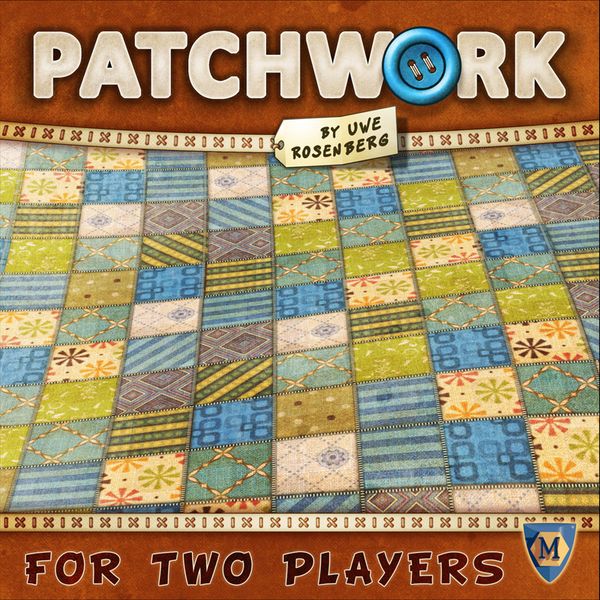 Patchwork: Probably our favorite two-player-only game we own at home. This game is adorable, and if you love Tetris, this game is for you. Take a look, please. It’s incredible 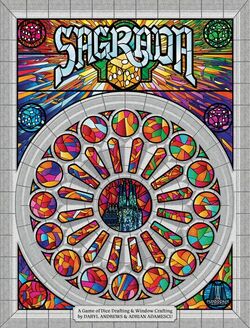 Sagrada: You’ll notice a theme here, despite the fact that these games don’t have theme…This game is GORGEOUS. The translucent dice are a bit small, but they look incredible when they’re placed in your stained-glass window. This is the most elegant dice-drafting game I’ve ever played, and the base game itself offers near infinite re-playability. 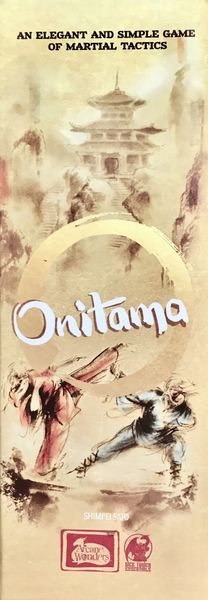 Onitama: Another two-player-only game for those who may have tried and struggled with Chess or Go (both fantastic games, but the meta-game makes those games decidedly unfriendly to new players). Alternately, if you enjoyed Chess or Go but aren’t necessarily willing to spend the hours on the meta-game, then this is for you. Amazing production. Ergonomic packaging that doesn't take up much space. This game will blow your mind as you try and decide which card to pass to your opponent to execute moves while executing your own. It's great. 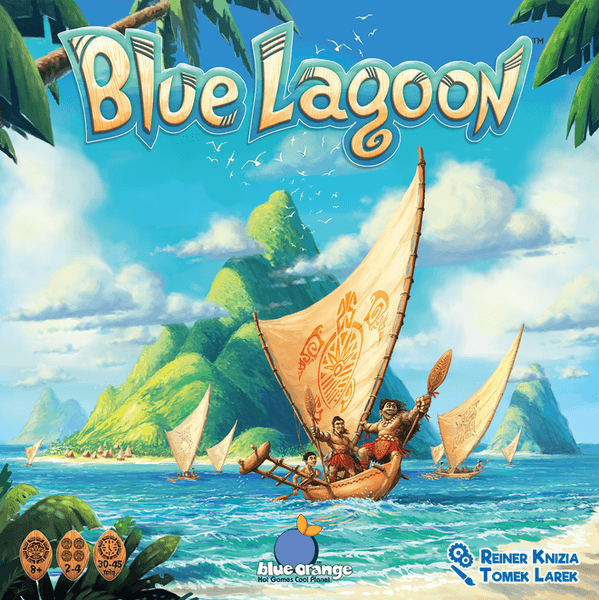 Blue Lagoon: Easily the most complex game on this list, but it’s definitely worth a shot, as it's from a legendary designer. The theme is sort of there in that you are technically exploring an archipelago with your tribe, but it’s really just about placing villages and settlers onto the board. This game is great to introduce the ideas of area control, set collection, and route-building. At any rate, I hope yall leave some comments or interact with me on Twitter to continue the conversation. Next time, we’ll be talking about Family Games!
Credit: All images come from Boardgamegeek Hey, yall:
So, this idea was born on Twitter, as all good ideas are. I got a few likes on a post (not many, tbh, but enough) and decided to start a blog on this site about my other great passion (not writing): hobby board games. This first post is just the introduction to the series, and I figured the best way to begin would be to outline some of the topics I'll be covering:
So, stay tuned for my first series of lists -- my favorite games to introduce to new(er) gamers to get acclimated to the world of board games beyond Risk, Monopoly, and Scattergories. |
Or, the writing gamer...An infrequent review of my collection of hobby board games, coverage of the board game hobby at-large, lists, purchasing advice, and maybe some writing updates here and there. Archives
September 2022
|
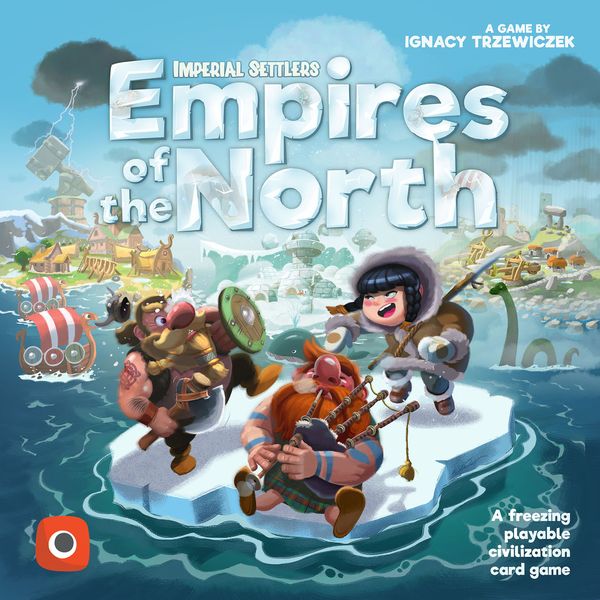
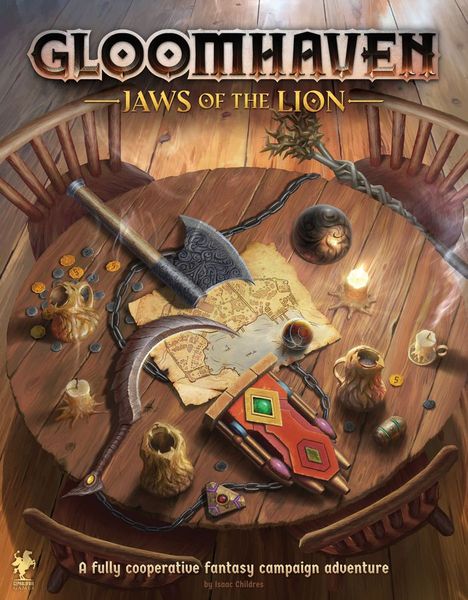
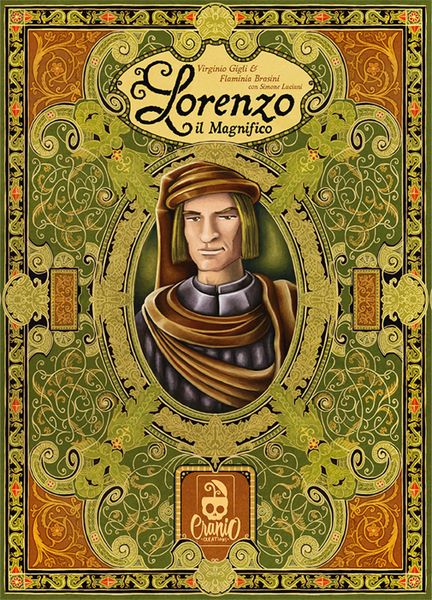
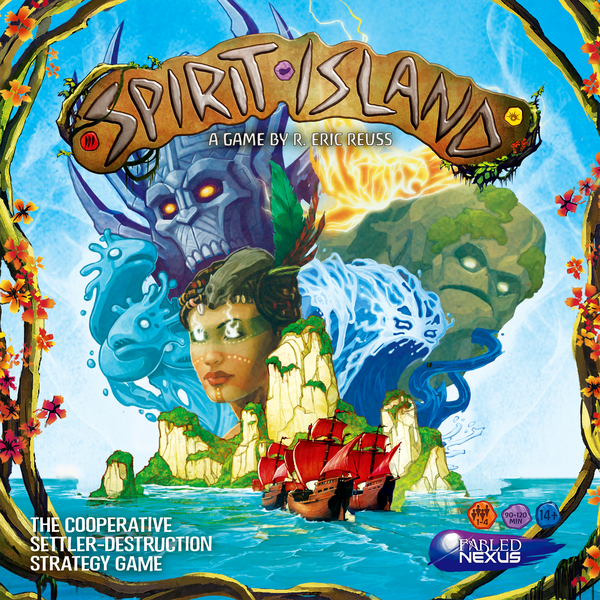
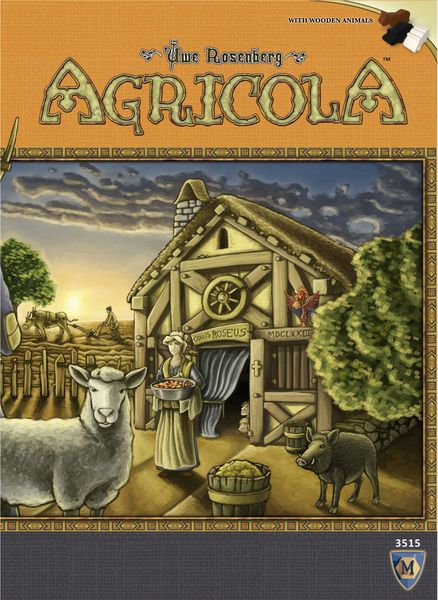
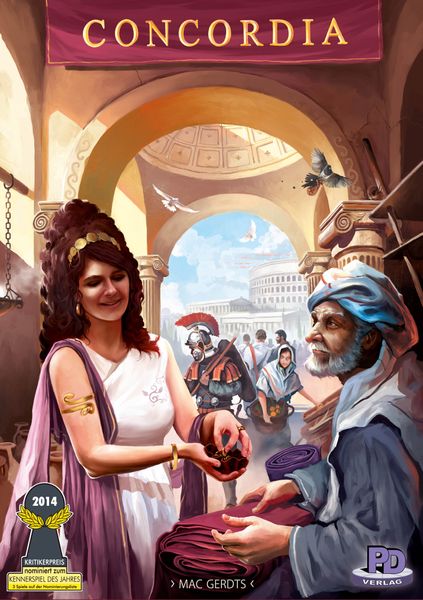
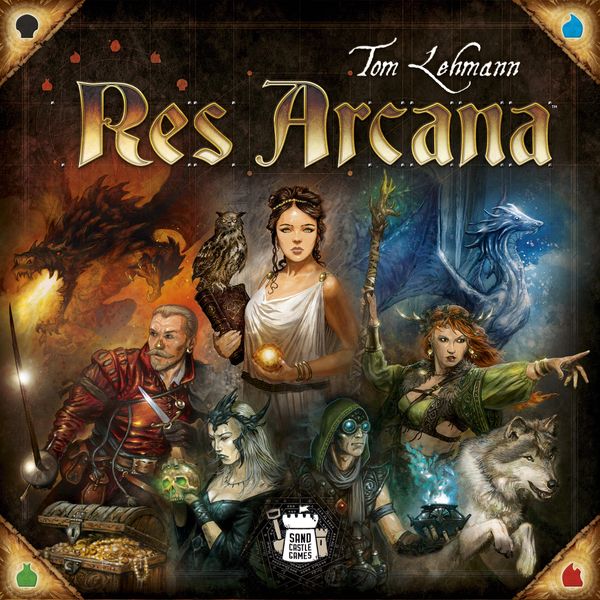
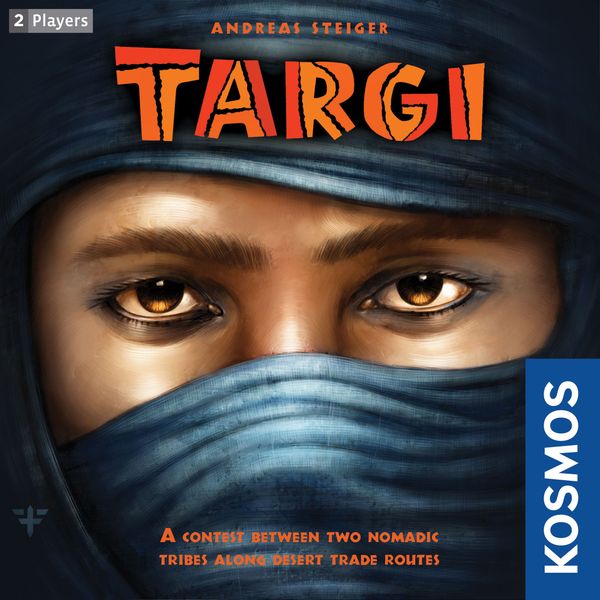
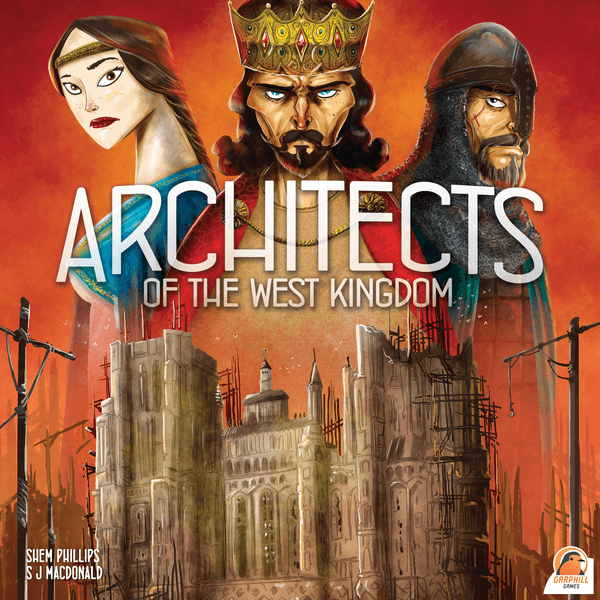
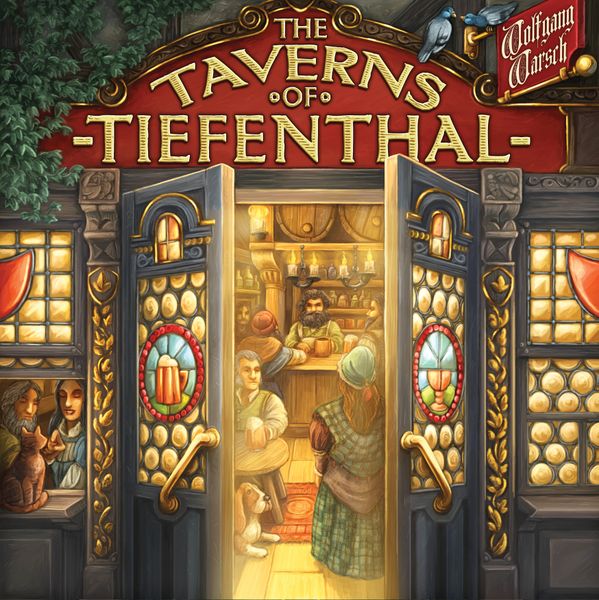
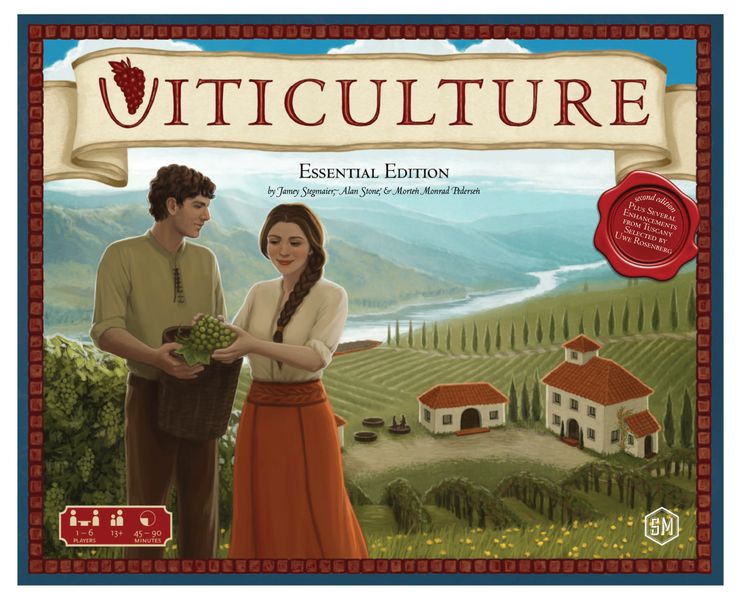
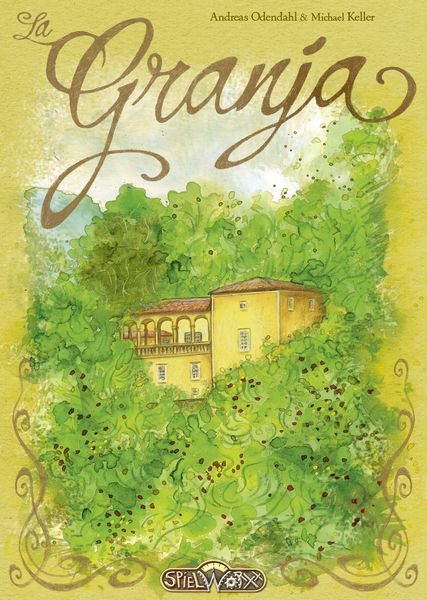
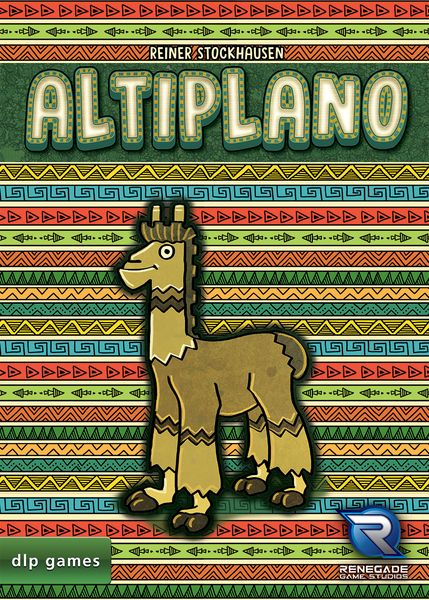
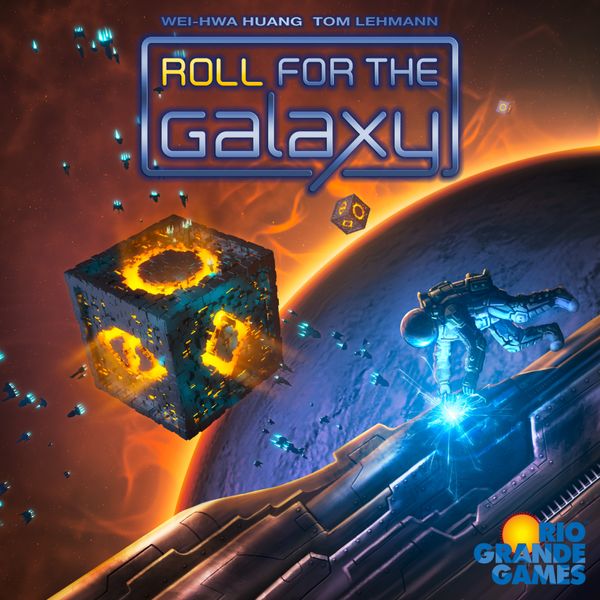
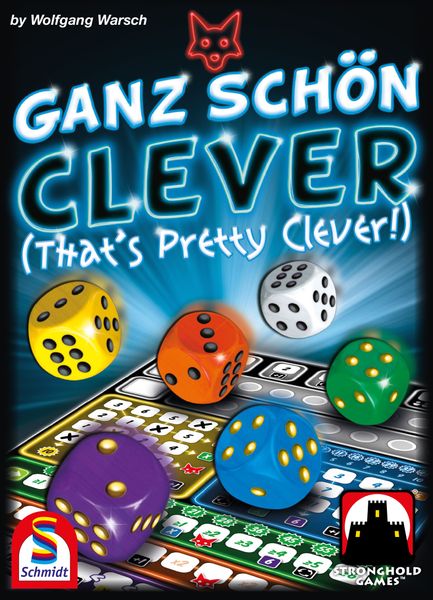
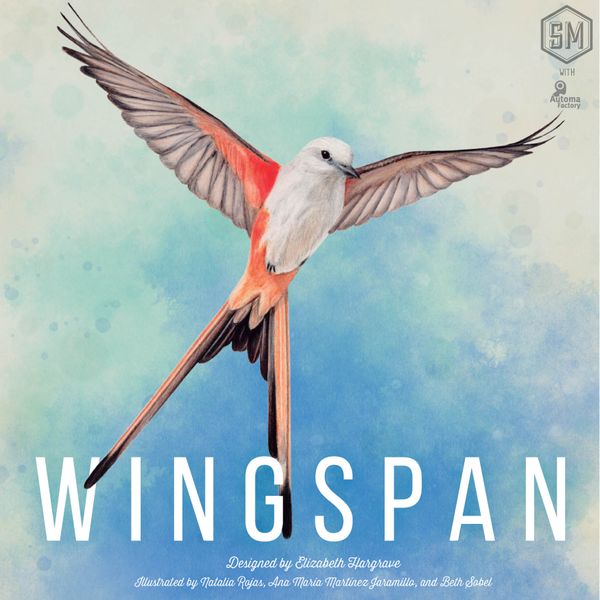
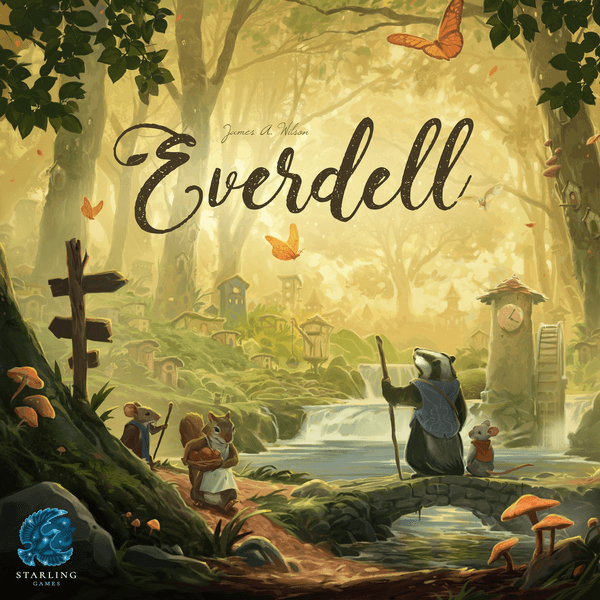
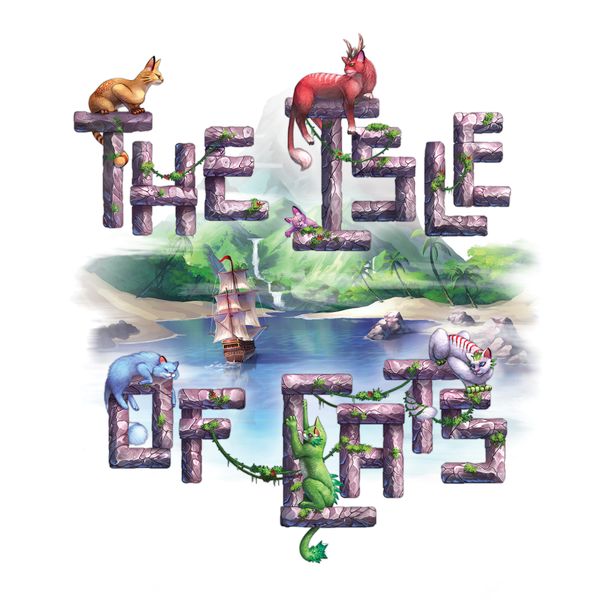
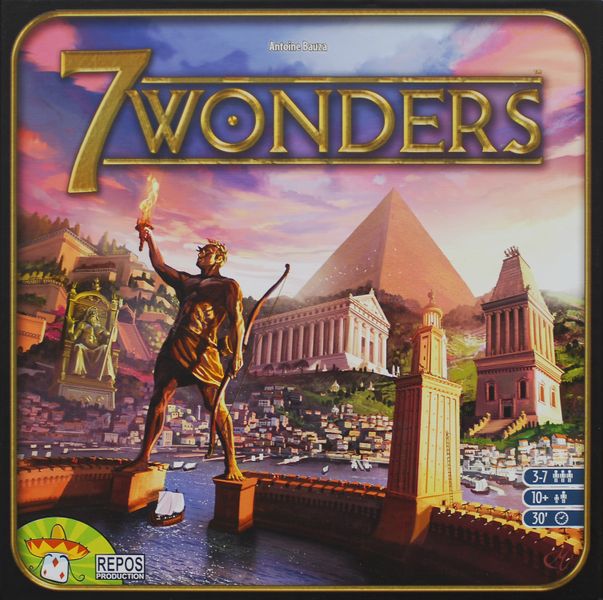
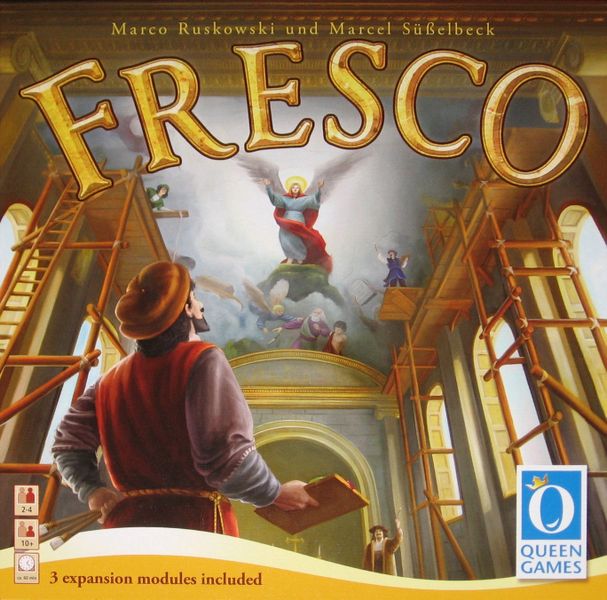
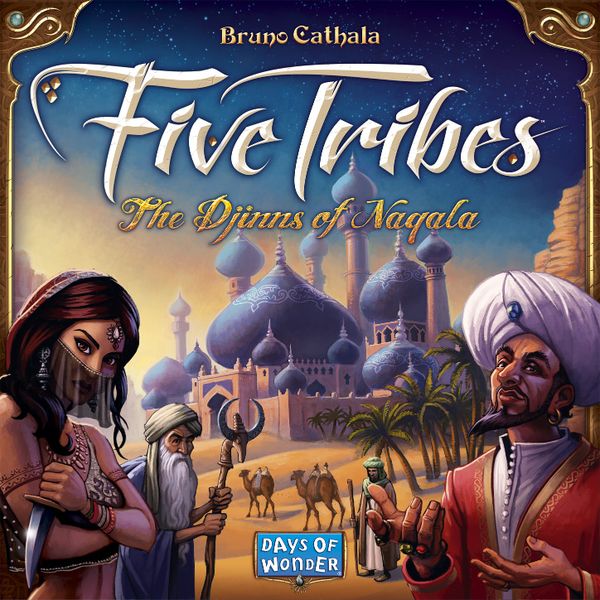
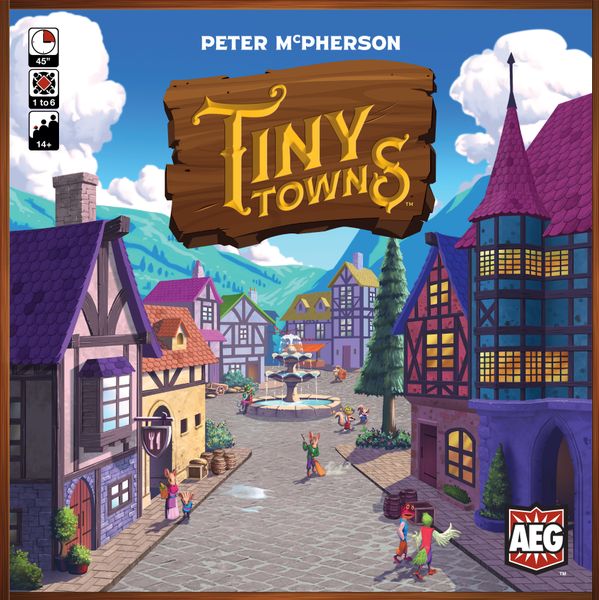

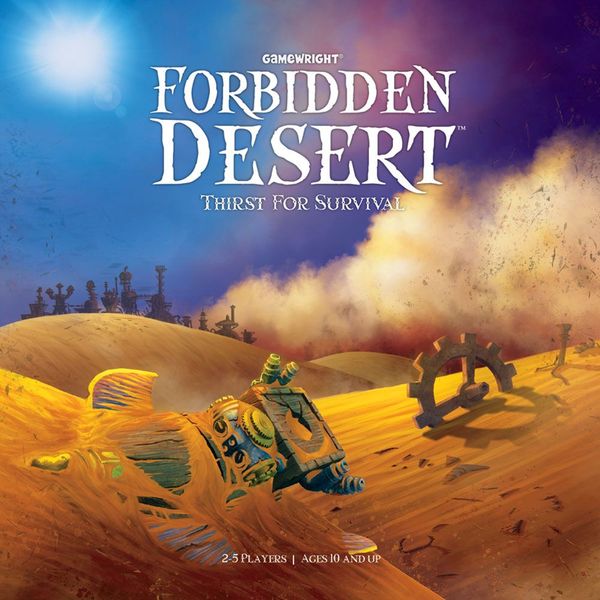
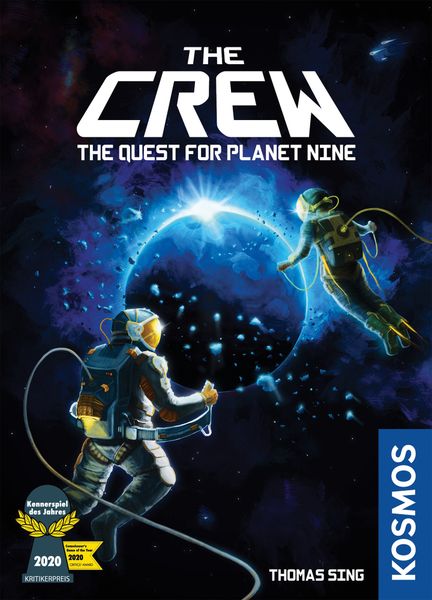
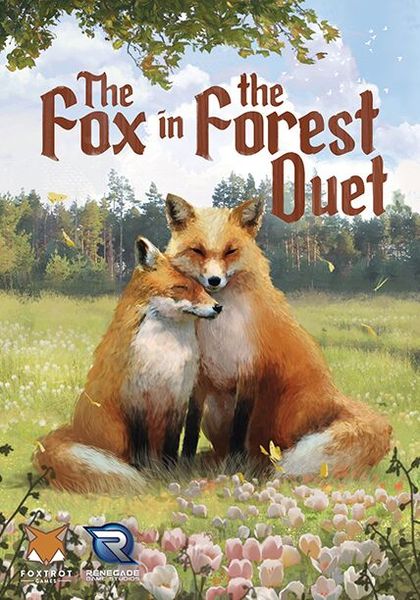
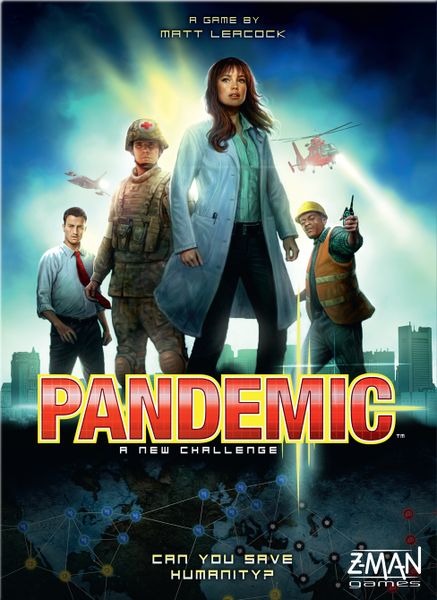
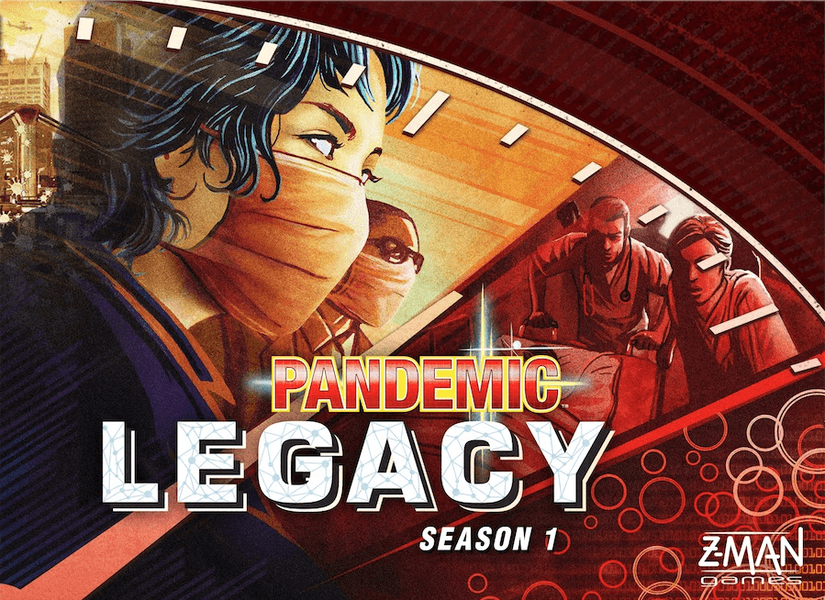
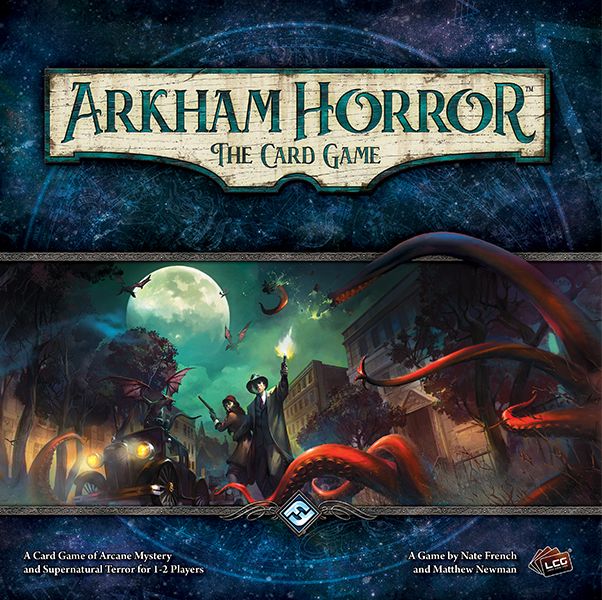
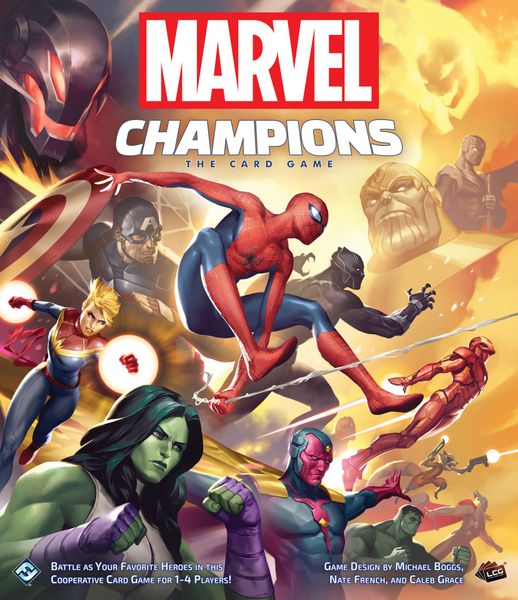
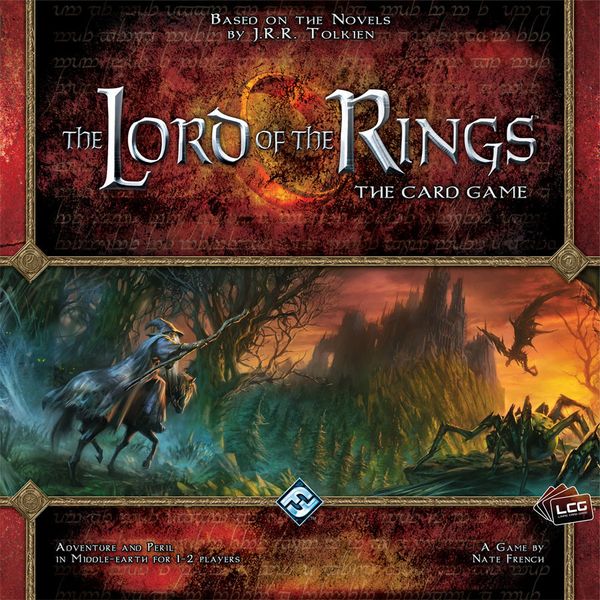
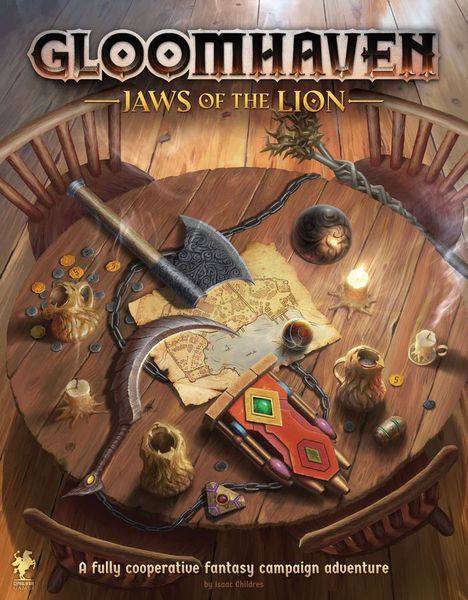
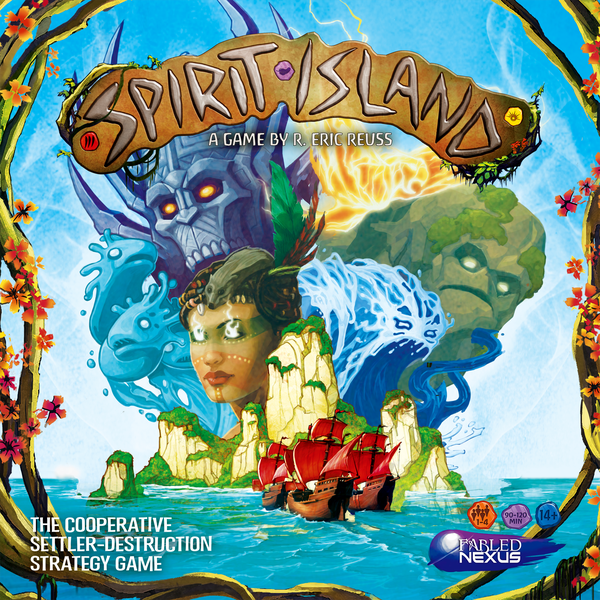
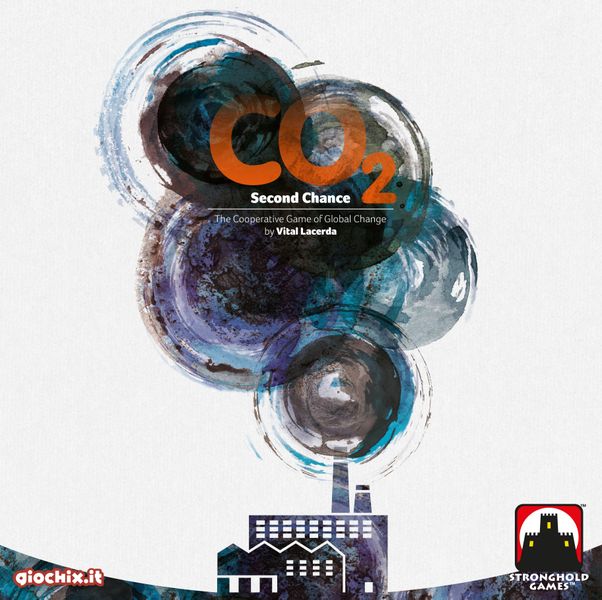
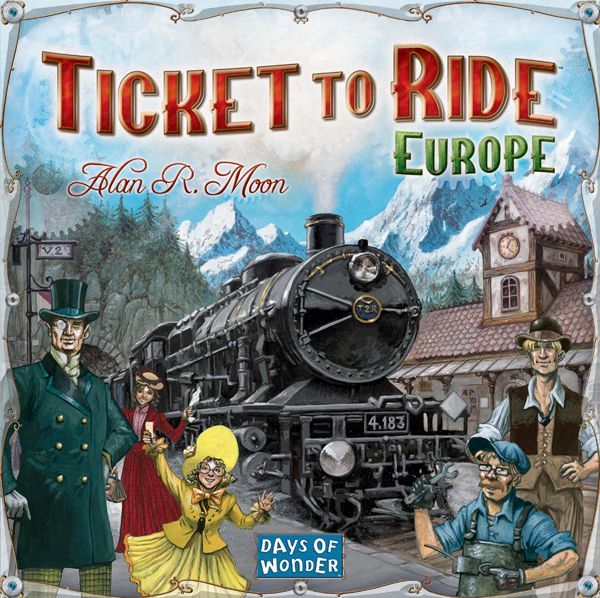
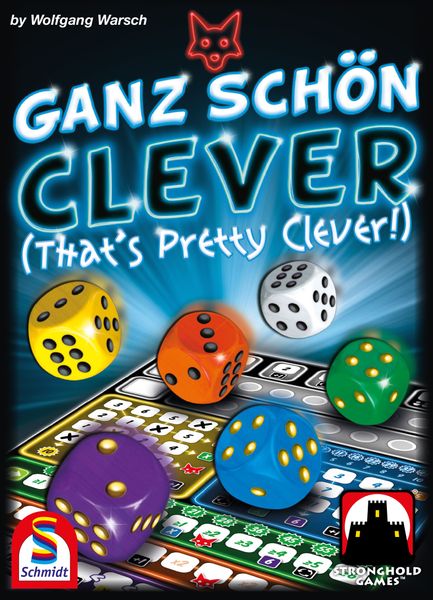
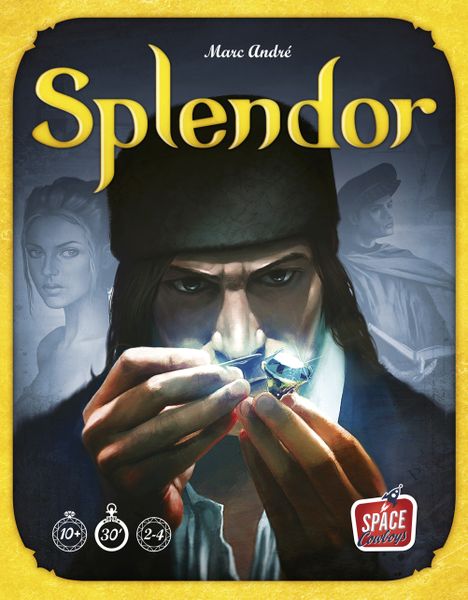
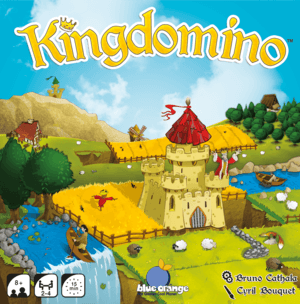
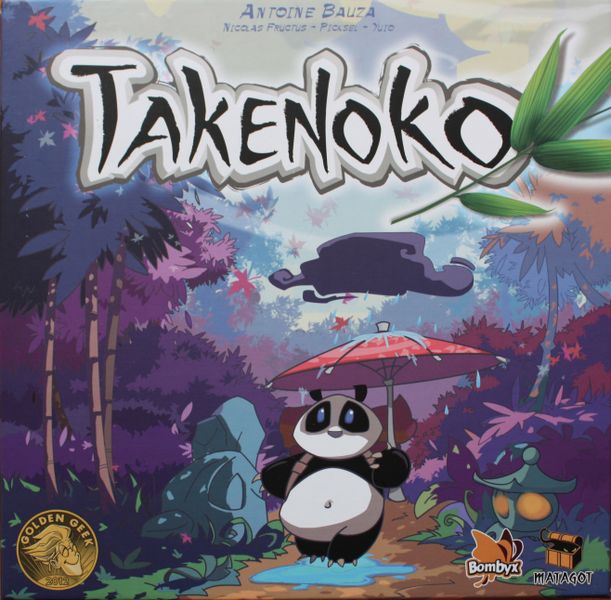
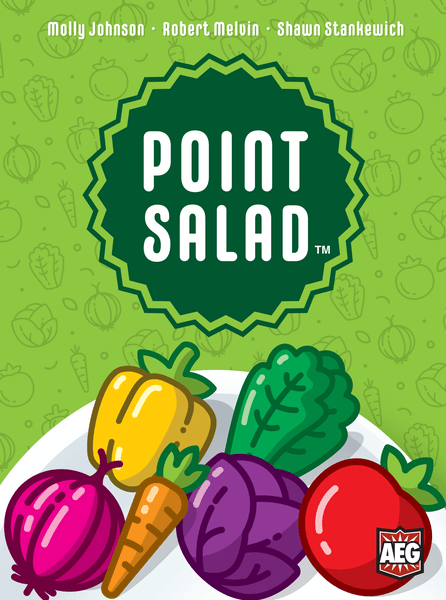
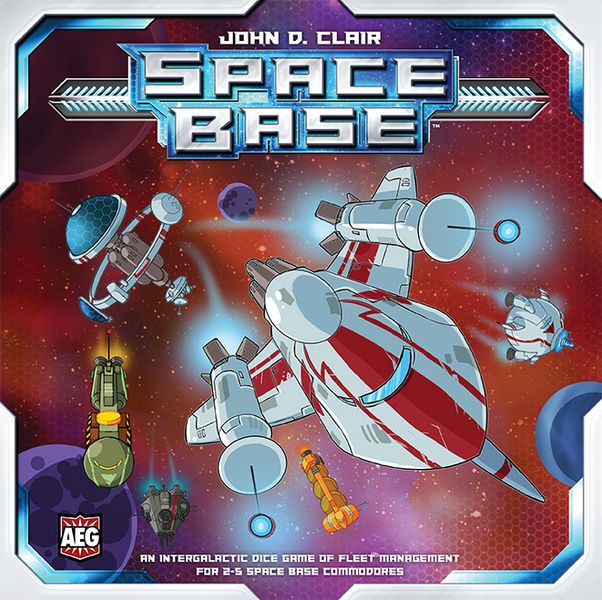
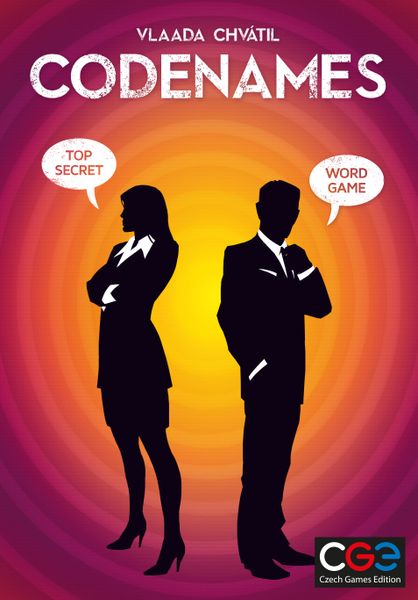
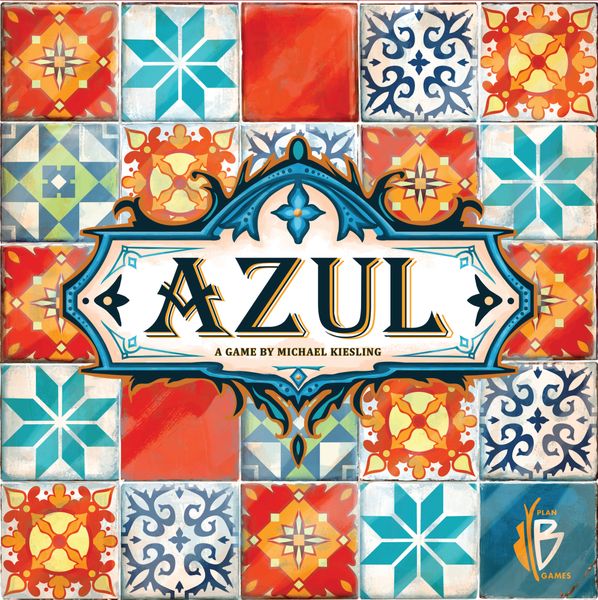
 RSS Feed
RSS Feed